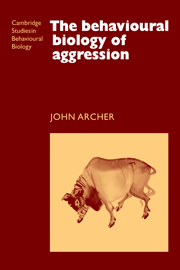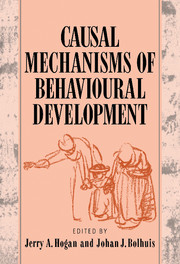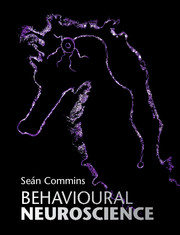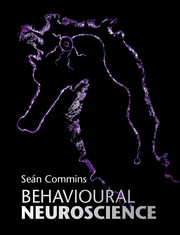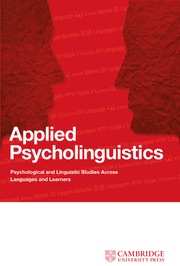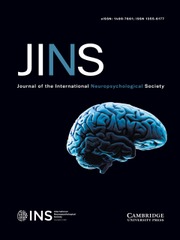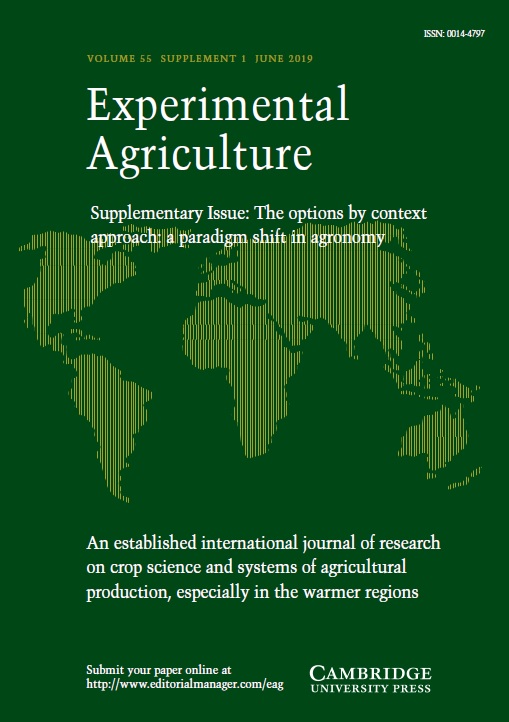Frustration Theory
We live in a world in which inconsistency is the rule rather than the exception and this is particularly true for rewards and frustrations. In some cases, rewards and frustrative non-rewards appear randomly for what seems to be the same behaviour; in others a sequence of rewards is suddenly followed by non-rewards, or large rewards by small rewards. The important common factor in these and other cases is frustration - how we learn about it and how we respond to it. This book provides a basis in learning theory and particularly in frustration theory, for a comprehension not only of the mechanisms controlling these dispositions, but also of their order of appearance in early development and, to an approximation at least, their neural underpinnings.
- The author is the originator of this theory
- Essential reading for students interested in learning and memory
Reviews & endorsements
'… a fundamental reference for all work on the Proterozoic … a compulsory buy for any institution teaching Earth history.' Euan Nisbet, New Scientist
'… most of the contributions are short and to the point … must be considered a landmark in Precambrian geology, and a major achievement that so many outstanding scientists were organized into producing a volume that encompasses a large subject area and includes a significant contribution of new data.' Palaeo
'… the section on Proterozic biogeochemistry will doubtless serve as a reference point for future studies of carbon and sulphur isotopes, as well as biomarker analysis and interpretation … this volume will surely stimulate research initiatives and serve as a key reference source for anyone interested in pursuing a more detailed understanding of the numerous topics presented.' Palaeo
Product details
No date availableAdobe eBook Reader
9780511868009
0 pages
0kg
68 b/w illus. 6 tables
Table of Contents
- Preface
- List of abbreviations
- 1. Introduction: reward-schedule effects and dispositional learning
- 2. Motivational and associative mechanisms of behavior
- 3. Frustration theory: an overview of its experimental basis
- 4. Survival, durability, and transfer of persistence
- 5. Discrimination learning and prediscrimination effects
- 6. Alternatives and additions to frustration theory
- 7. Ontogeny of dispositional learning and the reward-schedule effects
- 8. Toward a developmental psychobiology of dispositional learning and memory
- 9. Summing up: steps in the psychobiological study of related behavioral effects
- 10. Application to humans: a recapitulation and an addendum
- Appendix
- References
- Indexes.


